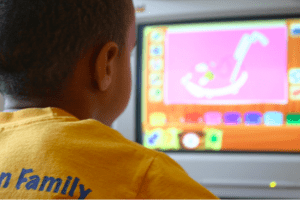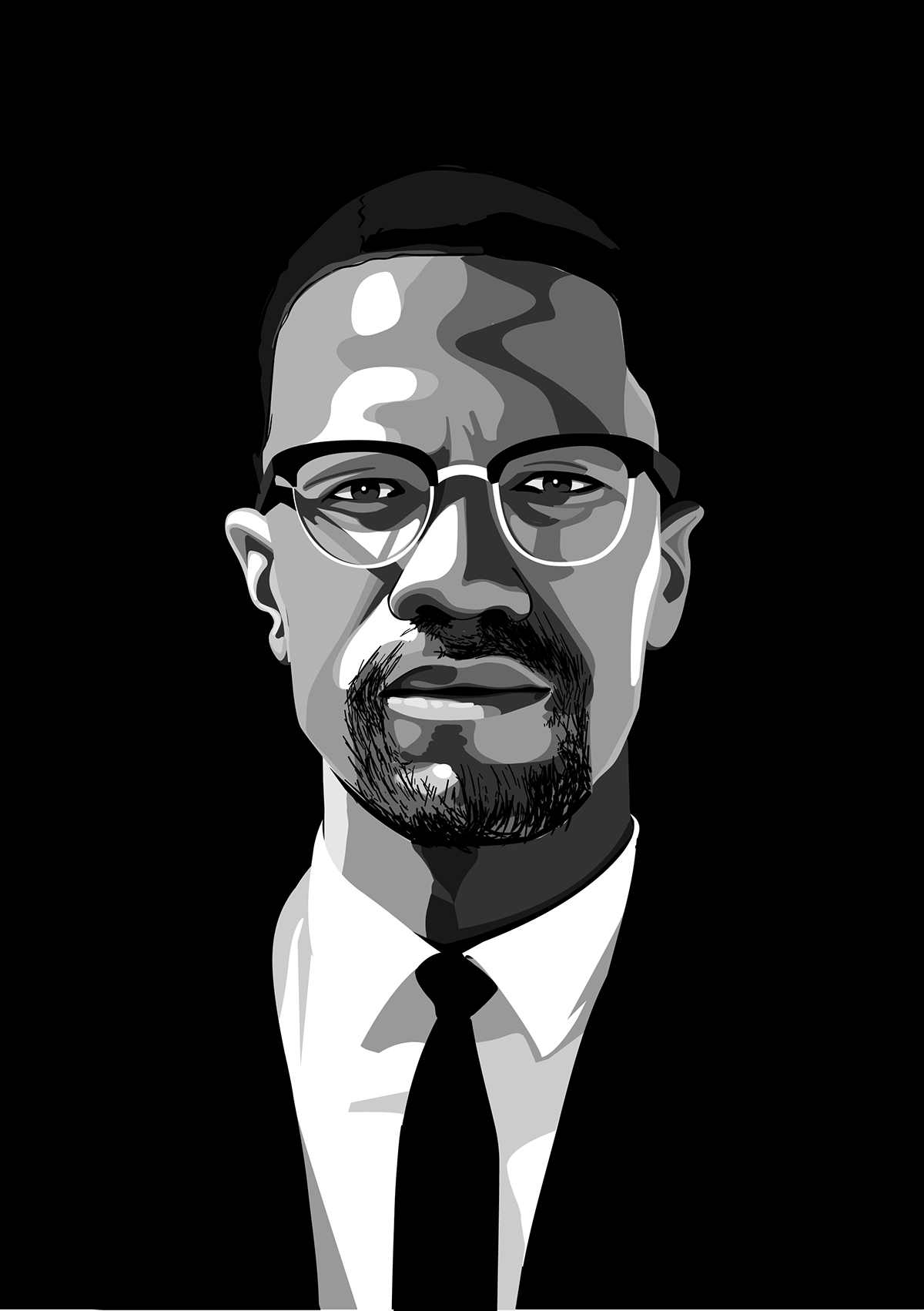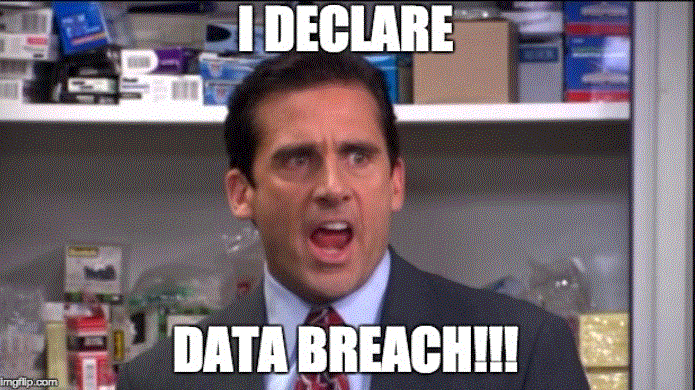We live in a world where traveling faster than flight means reaching for a handheld device. Where information is packaged up and sent at two thirds the speed of light, and “making money” ranges from buying fake currency to working more than one job to get by. The importance of education and literacy is cementing itself more as a means of finding happiness and purpose than one of survival. And more importantly, the use of interest in educating is fast becoming an imperative to education’s survival. The idea of national literacy means that literacy is no longer a way to excel. Education has become a combination of standardized testing and a doomed attempt to standardized teaching.
The distancing of students from teachers has thrown our educational system into a harsh light. We’re fatigued. In some cases, we’re failing or supplementing our education with other sources. We learn or we don’t, and that success or failure is more based on personal environment or teacher quality. The differentiation of students from each other may be as important as the learning environment and educator, but it is the teacher’s responsibility to be responsible, to teach -through their own behavior- what it means to hold oneself accountable, especially in the education of K-12 students.
Goody/Watts encourage the idea that the cultures with writing systems were propelled into critical inquiry, of observing history with skepticism, and the developing of logical practices. With the advent of the internet and concept of technological literacy, the benefits (or dangers) of writing have been given weaponry. Given the barest introduction, and a community interested in interests, kids today can learn everything they want through such platforms as TedX, Kahn Academy, or Coursera. People can learn languages from native speakers, game-like applications, or forums. Standardized education isn’t possible in a world where bridges are so small that I can ask a professor working at the University of Tokyo their favorite book on introducing architecture and compare it with a The Ohio State University professor’s favorite in the same day.
Holding the interest of the student should be a teachers top priority in the classroom. Teaching through interest inspires passion for education, and teaching against interests kills the desire to grow. We live in a society where we literally don’t have to pay attention to get by, where we have access to substances, both legal and illegal, that will get us through the day. There’s an infinite universe out there and we’re still teaching like knowing precise information is necessary. Like critical thought is secondary. We’re still teaching kids straight out of a love of writing, of learning, and of growing. It’s a problem I ran into a long time ago, and one that took a long time to find a work around. It took looking at myself, and asking a simple and complex question.
What are my interests?















